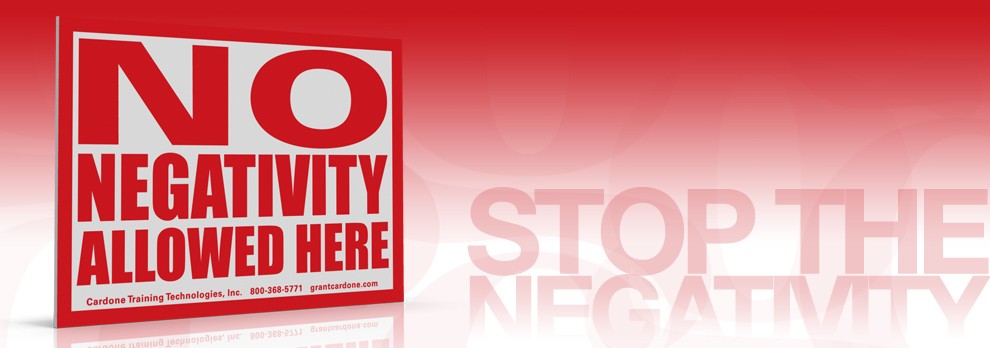
Success is limited only by how much attention you can get for yourself, your products and your ideas. The right amount of attention will always attract criticism, even haters. While criticism is never enjoyed, it should be anticipated when trying to get your projects known. The longevity of a project is determined by the quality of what you offer, the success of your project is determined by how much attention you can get for it.
Without the right amount of attention from your target audience, no one will know you or your product, regardless of how good it is. Your desired audience is unable to find value with what you offer if you are unable to first garner their attention. Success is determined, first, by how much attention you can get for your product, service or idea!
The problem with getting attention is threefold:
1) Taking enough action to get the 'right amount' of attention,
2) knowing how to handle the negative criticism that comes with attention,
3) continue to get attention, despite the attacks, until admiration.
Show me the most successful people in any field or business and I will show you people that have successfully generated tremendous amounts of attention for themselves, their products and projects, and in doing so have become the targets of criticism, even hateful attacks. Since the biblical times of Jesus, and throughout history, anyone that truly gets the world's attention will be attacked! There are no exceptions to this rule.
Current history is filled with a long list of business successes who acquired the right amount of attention and subsequently attracted criticizers, naysayers, even vehement haters. The likes of Ted Turner, Oprah, Bill Gates, Steve Jobs, Mark Zuckerberg and on and on. When Ted Turner introduced 24-hour-a-day news, the criticizers showed up in masses. He didn't retreat (the goal of the criticizers) from getting CNN attention, instead he increased the attention on himself and CNN until the world became admirers and the haters moved to another target.
I received a great deal of attention due to a comment I made on a TV interview, "I can make successful any company, in any city in the USA, no matter the condition of the economy." I was later criticized and attacked for this claim and, rather than backing off, I increased the attention I got for it. I wrote hundreds of articles and then published four books on what companies and families must do to survive and prosper in the new economy. We then aggressively hammered social media to gain more attention using sites like The Huffington Post, business blogs, Facebook, Twitter and appearances on Fox TV, MSNBC, CNBC and others. All the while the criticizers and haters were howling from the rooftops, trying to get me to back off. The commitment to move through the criticism and continue getting attention resulted in me getting a TV show called TurnAround King.
I prepared my staff, "when the criticism comes, and it will, it is a sign we are doing the right things and we will not get smaller and back off, but instead we will increase our efforts until the criticizers become haters and are outnumbered by the admirers." One simple example of criticism was at my Twitter account, twitter@grantcardone, where I Tweet a business solution every hour. A supposed "social media expert" wrote me saying, "the #1 rule with social media is do not post too much." Notice his criticism offers no solution, only what not to do. He should be thanking me for freely giving away information once every hour, but instead he criticizes beneath the claim of rules and help.
Criticism and the Success Formula
1) Get so much attention you start to get criticism.
2) Disregard the criticism and get more attention. (Never attack the haters).
3) Criticism will increase to new levels, even lies, increasing the amount of attention again.
4) Continue getting attention, disregarding the criticism, until admiration, at which point the haters will move on to pick another target (they always do)!
The goal of criticism is almost never to actually help. When criticism does not offer a solution, it is always with the goal to reduce you and your efforts. Your success in the world is only limited by the amount of attention you can receive in the world!
Lastly, the 'haters' don't really hate you, at best they are threatened, envious and jealous. More accurately, they are being reminded of their inferior products and unwillingness to take the right amount of action to make their own projects successful! The little thinkers and doers come screaming from every crack and crevice the moment anyone starts to get attention for their projects and succeed! Negative responses are so predictable that you should actually use it as an indicator that you are starting to get the right amount of attention.
"Little thinkers and little doers criticize in an effort to keep bigger thinkers and bigger doers small."
Grant Cardone, New York Times Best-Selling Author.
